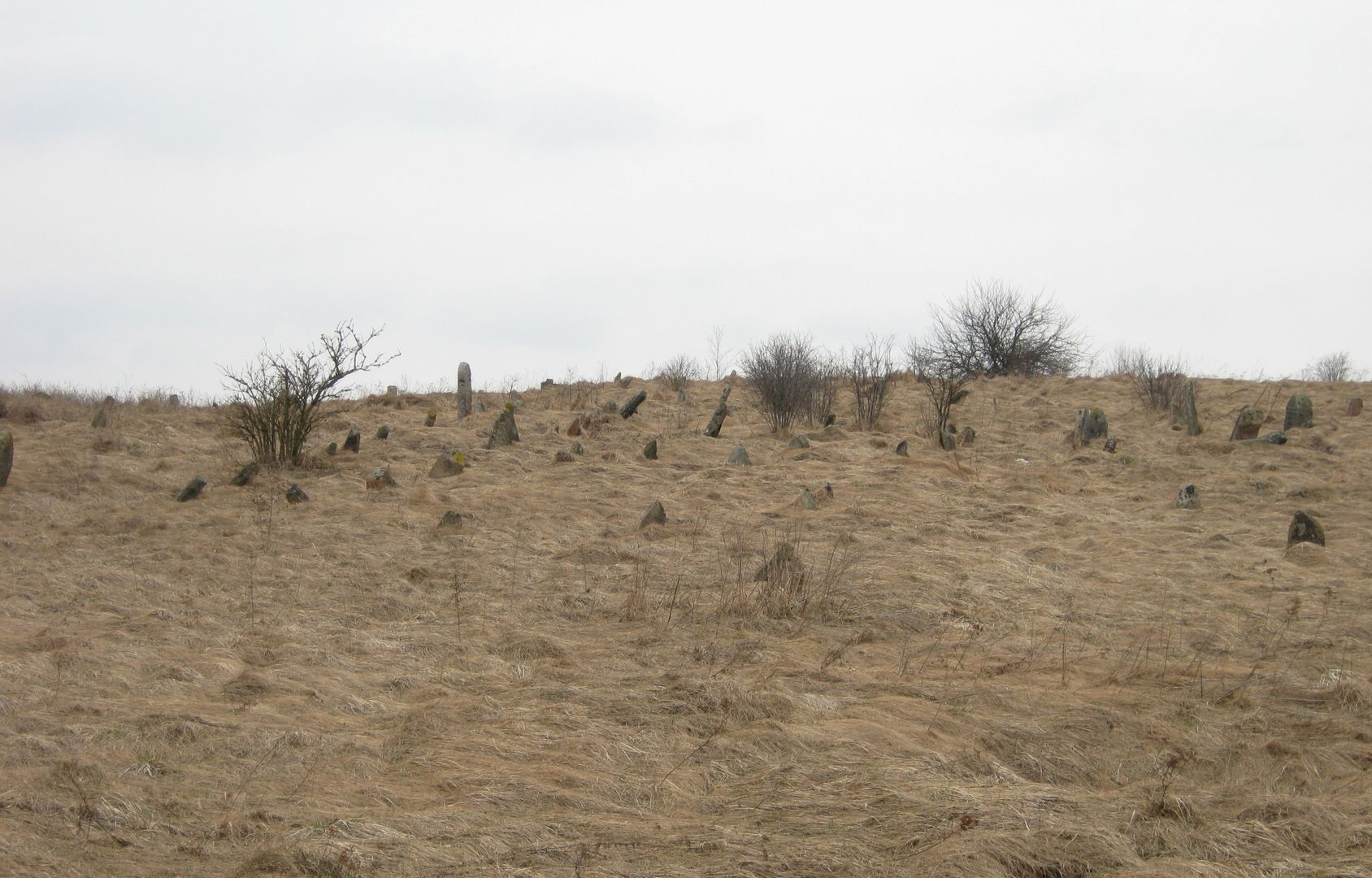Kolno
6.15

Overview
Kolno is a town in the Podlaskie Voivodeship, holding town rights since 1425. As a royal town of the Crown of the Kingdom of Poland, Kolno held administrative and commercial significance, especially in the 16th century when it experienced its peak development. The town was relocated between 1434 and 1443 to its current location on the Łabna River due to demographic and transportation reasons. Numerous historical monuments have been preserved here, including a medieval urban layout, the Parish Church of St. Anne, an 18th-century synagogue, and Roman Catholic and Jewish cemeteries, all testifying to the town's multicultural heritage. Kolno is also the seat of a deanery in the Łomża Diocese, and within its boundaries, there are two Roman Catholic parishes. The town faced numerous adversities, including destruction during World War II and the loss of its county town status in 1975. However, after the administrative reform in 1999, Kolno regained this status. Today, an important element of social and cultural life is the Kolno Center for Culture and Sports, along with various sports clubs. Kolno is also home to industrial plants, including a dairy and an animal feed producer. The town has a well-developed road infrastructure, although it lacks railway connections. In recent years, Kolno has invested in the development of land for investments and support for local entrepreneurs, contributing to its further growth. An interesting fact is the presence of a vibrant local media landscape and an active cultural scene, including initiatives related to intangible cultural heritage.
Location
2026 Wizytor | All Rights Reserved